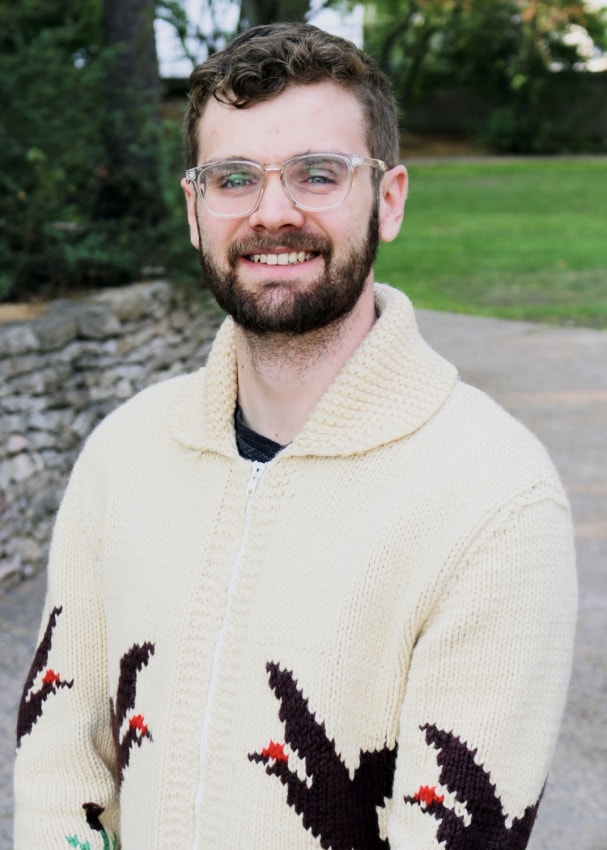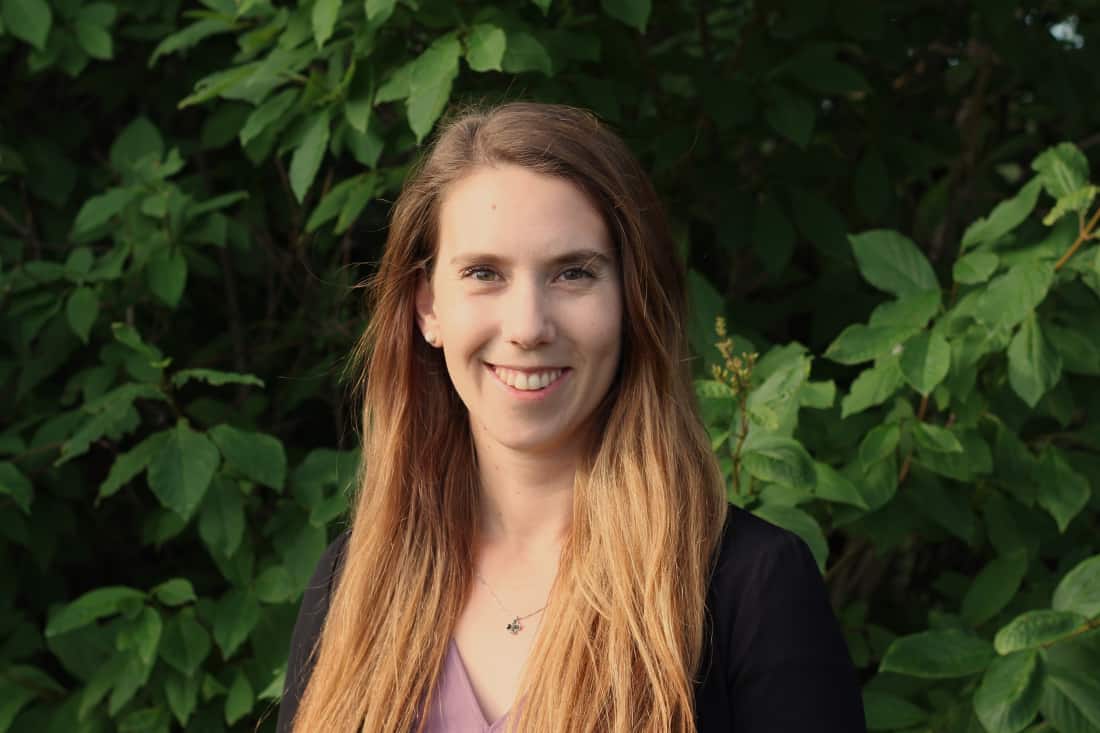Three University of Saskatchewan alumni say they are proud to be representing the province on the Canadian Agricultural Youth Council.
The council was formed on Jul. 24 when Agriculture and Agri-Food Minister Marie-Claude Bibeau announced the 25 members from all parts of the country. The government hopes that the council can help advise the ministry on important issues and that the members will bring dynamic and passionate points of view as youths.
The three members representing Saskatchewan are Brent Kobes, Sameeha Jhetam and Andrea De Roo. Both Jhetam and De Roo graduated from the U of S College of Agriculture and Bioresources while Kobes graduated from the College of Arts and Science. De Roo and Kobes grew up on farms in Saskatchewan whereas Jhetam was raised in Johannesburg, South Africa and immigrated to Canada for her university studies.
With their different backgrounds in studies and global outlooks, Kobes, Jhetam and De Roo hope to bring unique and diverse perspectives to the council.
Brent Kobes, B.A. in Political Studies

How has your education at the University of Saskatchewan shaped you?
“I would say that having a Bachelor of Arts [degree] provides you a lot of flexibility. And it provides you with a lot of skills to be able to apply into different situations.”
“My political science degree really forced me to have to hunker down and read and think in different ways and look at problems from multiple angles.”
What do you bring to the table as part of the council?
“I think I kind of am able to think about problems from multiple different mindsets. I guess my unique perspective is that I can put myself in other people’s shoes.”
What do you find most interesting about Saskatchewan agriculture?
“What I find most interesting in Saskatchewan agriculture is how much innovation happens here. A lot of the really innovative stuff to bring about zero till agriculture actually happened right here in Saskatchewan. The seed drills were invented and I think they just show that Saskatchewan people are very innovative and inventive and there’s so much promise here.”
Sameeha Jhetam, B.Sc. in Animal Bioscience

How has your education at the University of Saskatchewan shaped you?
“During my university career I was exposed to and gained a good understanding of the poultry industry and animal welfare issues surrounding poultry and other livestock species. And in my undergraduate degree as well as now in my master’s I gained solid knowledge of how the agriculture industry works, what issues we face in the industry, and what it’s like being a youth in agriculture.”
“So with my education and experience, I understood the importance of science in advancing agriculture. So I believe that this helped me in my career choices, and in applying to be on the Agricultural Youth Council.”
What do you bring to the table as part of the council?
“Through my holistic education through the U of S, I have a good foundation of knowledge, because I didn’t grow up around agriculture, but I did find a love and passion for it through my university education.”
“I think that [I bring] my experiences and perspectives, knowing that there’s a lot of misinformation about the industry, especially the livestock industry, and what the public’s perception is of how livestock and poultry are raised in Canada, is definitely something I want to address in the council, and to be able to [have] the opportunity to sit on this council and in many ways to build public trust is what I’m really interested in and focused on.”
What do you find most interesting about Saskatchewan agriculture?
“What I find most interesting is meeting producers and seeing how progressive the poultry industry is in Saskatchewan, and the willingness of producers to always want to advocate for good animal welfare and to always be working to improve their practices.”
Andrea De Roo, B.S.A. in Agronomy and M.Sc. in Plant Science

How has your education at the University of Saskatchewan shaped you?
“When entering the College of Agriculture and Bioresources, students are encouraged to take first-year agriculture courses that highlight various sectors of the agriculture industry. These introductory courses allowed me to expand my knowledge on other parts of the agriculture industry and will be valuable to council discussions on global trade, technology development and adoption, environmental challenges and strengthening public relations.”
What do you bring to the table as part of the council?
“I think I have a unique perspective in the sense that I come from a farm and I’m still actively farming, but I’ve also worked in the industry. My work experience, I think, also is unique in the sense that I have worked with the public industry level through farmer-driven research facilities, but I’ve also worked with private entities in the industry as well. So I think I [have] a well-rounded perspective and I can bring that to the table.”
What do you find most interesting about Saskatchewan agriculture?
“I think our resiliency is something that is very unique to the prairie agriculture system. We face a lot of extreme weather patterns, lots of reaction on global markets [that] really affects how we adjust our overall resiliency to overcome some of those challenges and keep going.”
—
Wardah Anwar | News Editor
Photos: Supplied